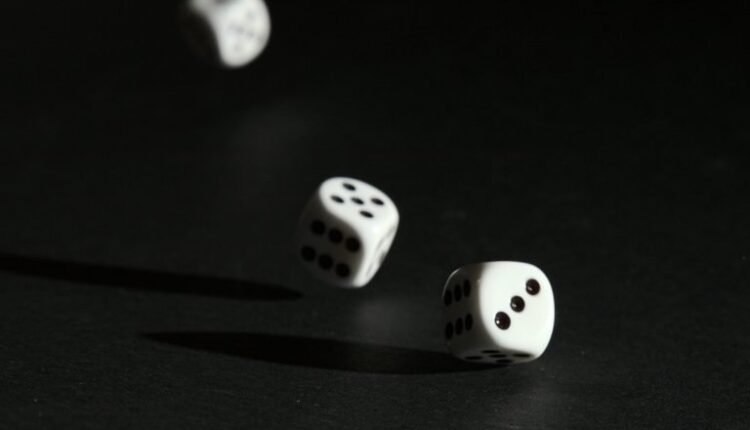Gambling Is Apparently The Answer To Increase Reusable Coffee Cup Use – CoffeeTalk
Around 250-300 billion single-use disposable cups are used annually, causing significant environmental and health problems. Only 1% of these cups are recycled, and the majority end up in landfills or oceans. Disposable cups release microplastics, which can cause developmental delays, cardiovascular diseases, and gastrointestinal disorders. Reusable cups are proposed as an environmentally-friendly alternative, but their use remains low. Barriers to their adoption include financial costs, lack of incentives, inconvenience, forgetting to bring the cups, and hygiene concerns. To overcome these barriers, interventions such as policy changes, offering financial incentives, and “gamifying” reusable cups with probabilistic rewards have been developed. However, widespread government policy implementation has been unsuccessful due to public backlash.
The study investigates the effectiveness of probabilistic rewards on reusable cups at coffee shops on a university campus. The researchers conducted a pilot study to test the impact of a 5% chance to win a $5 gift card on the use of reusable cups. The study found no discrepancy between the number of beverage purchases made by customers who brought their own reusable cups and those who purchased single-use disposable cups. The researchers then offered a 10% chance to win a free coffee, which was advertised through posters and social media. The results suggest that offering a 10% chance to win a $5 gift card could increase the use of reusable cups at coffee shops.
The study investigated the impact of probabilistic rewards on the use of reusable cups in two Loafe Cafés. During the baseline period, there were 216 total beverage purchases, with 4.6 % made by customers using reusable cups. During the treatment period, there were 189 total purchases, with 13.8% using reusable cups and 163 using single-use disposable cups. The study found a significant association between the use of reusable cups and the period, suggesting that the probabilistic reward increased the use of reusable cups. The experiment took place at two different locations, with the only difference being the probabilistic reward.
The study examined the impact of probabilistic rewards on the use of reusable cups in coffee shops. The results showed that despite a general decline in reusable cup use over time, the use of reusable cups increased after the implementation of a 10% chance of winning a free coffee at the Alumni location. The study also found that the cost-benefit analysis showed that if a customer brings their own cup, they would only need to use their cup 33.3 times to offset the cost of the cup. The study suggests that the rising financial stress experienced by Canadians may be a factor in the decline in reusable cup use.
Probabilistic rewards can increase the use of reusable cups in coffee shops due to their positive emotions, such as anticipatory and anticipated happiness, which can shape decision-making and behavior. The excitement around the possibility of winning can outweigh the inconvenience associated with reusable cup use, and the offer of probabilistic rewards may imply other people are also interested in using reusable cups, helping form a sense of social norm around reuse. Reusable cups are more energy-intensive to produce than single-use cups, and they need to be used at least 150 times to break even on carbon emissions. Future research should explore the mechanisms of probabilistic rewards, examine potential emotional pathways, and examine the generalizability of probabilistic rewards in advancing sustainability. Governments should provide financial incentives for small businesses to reduce waste and encourage reusables.
Read More @ Science Direct
Source: Coffee Talk



